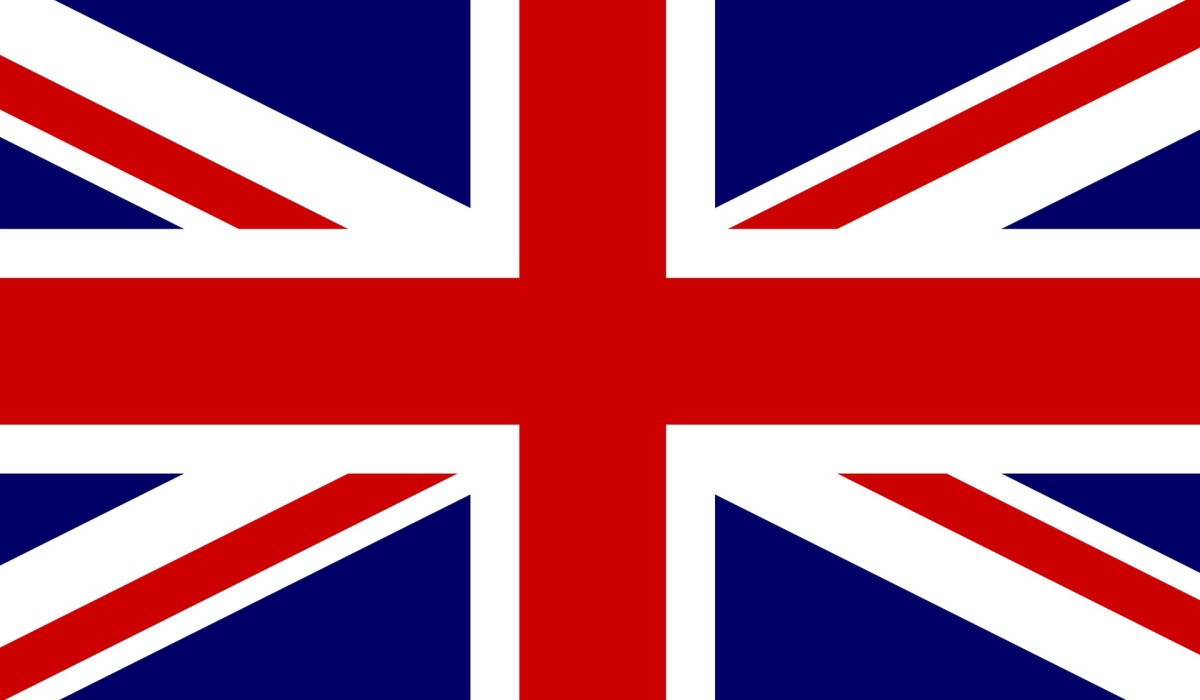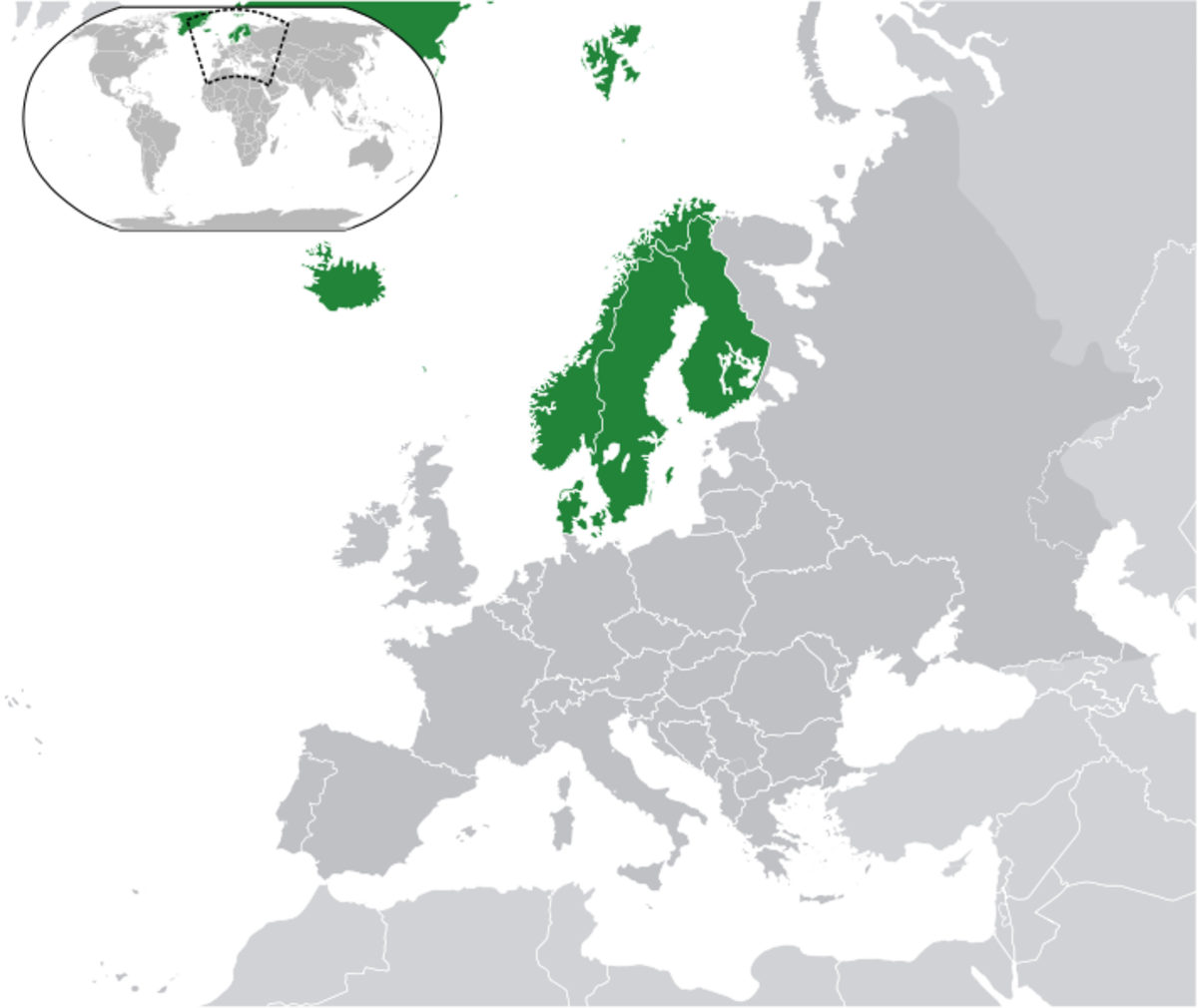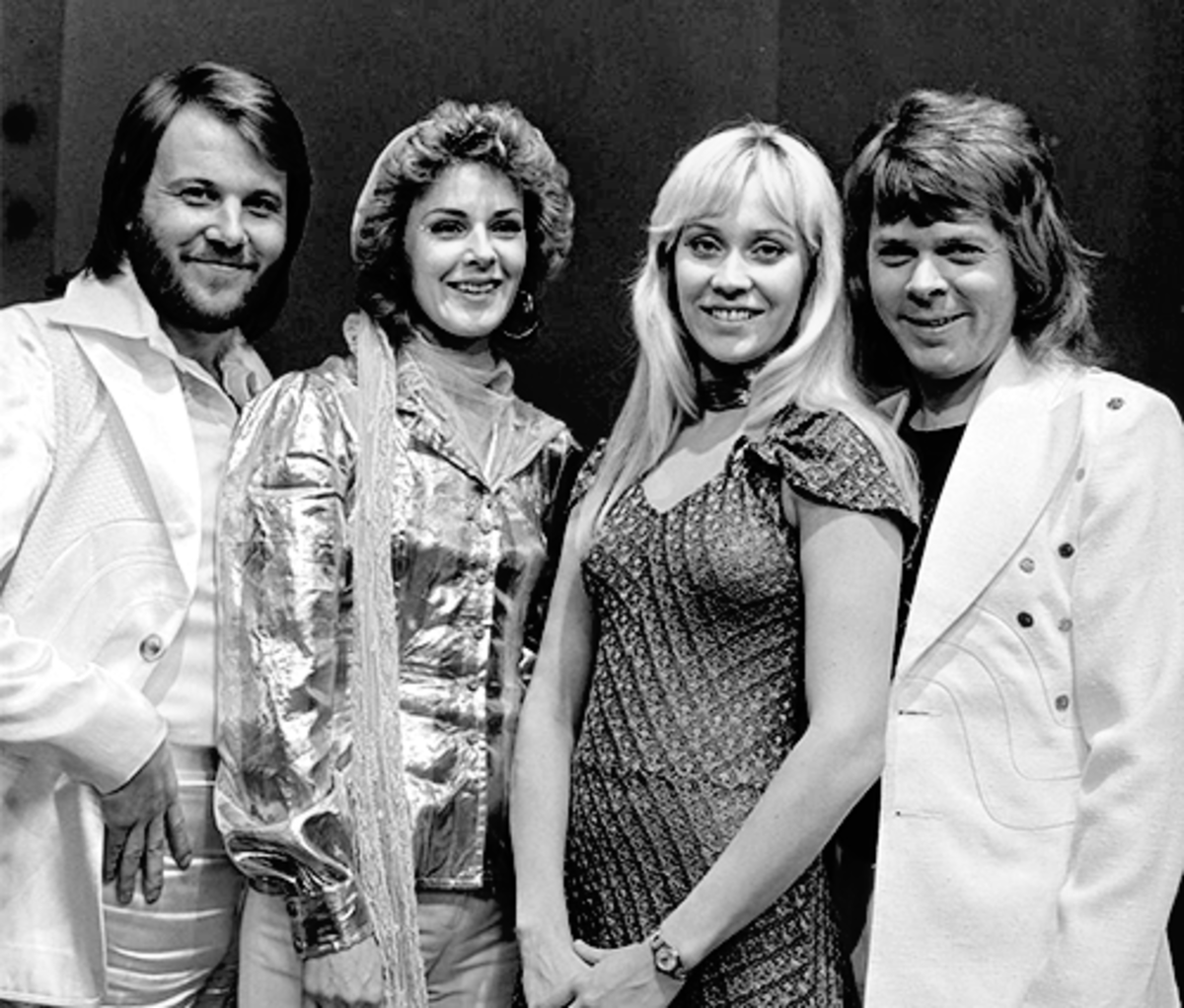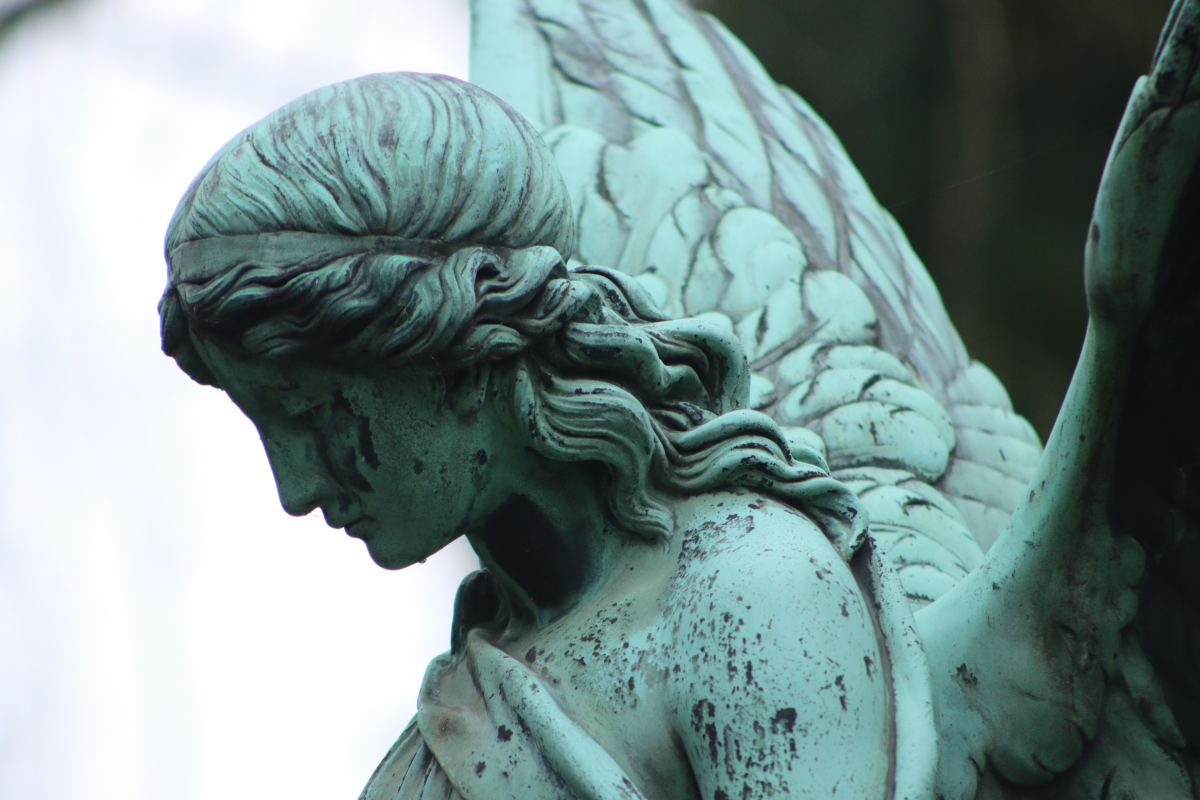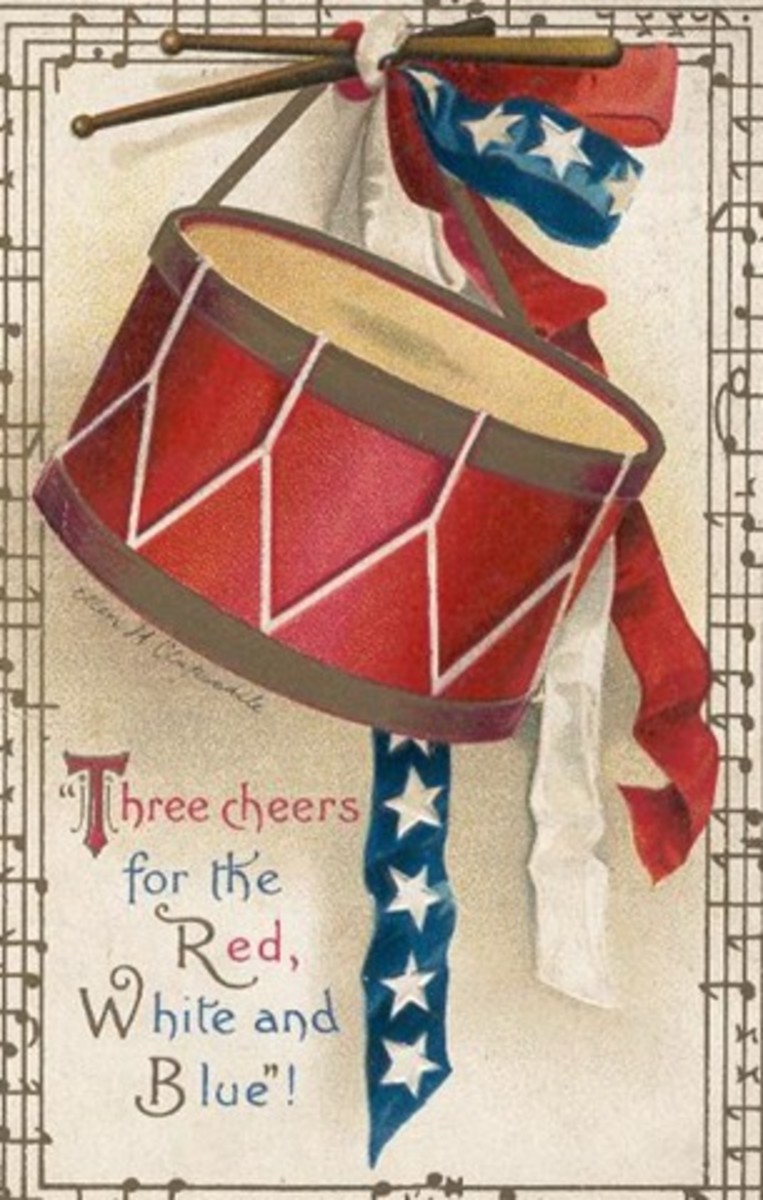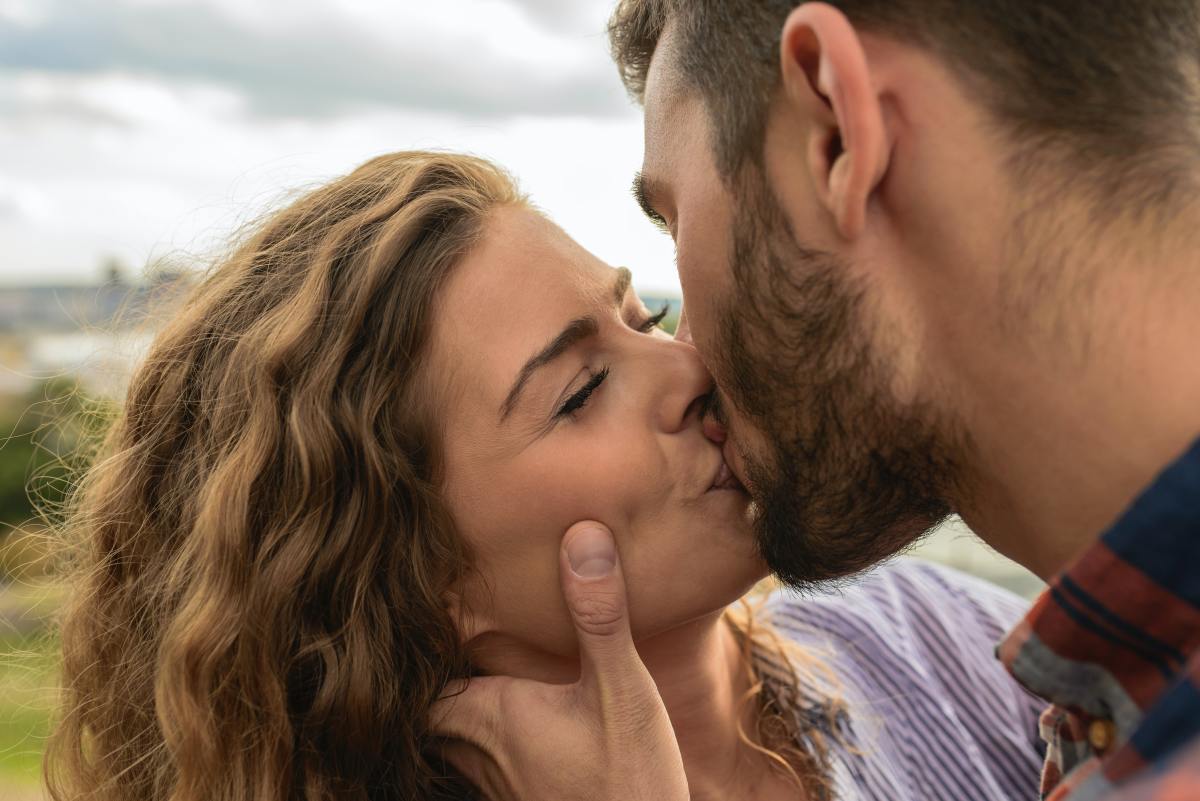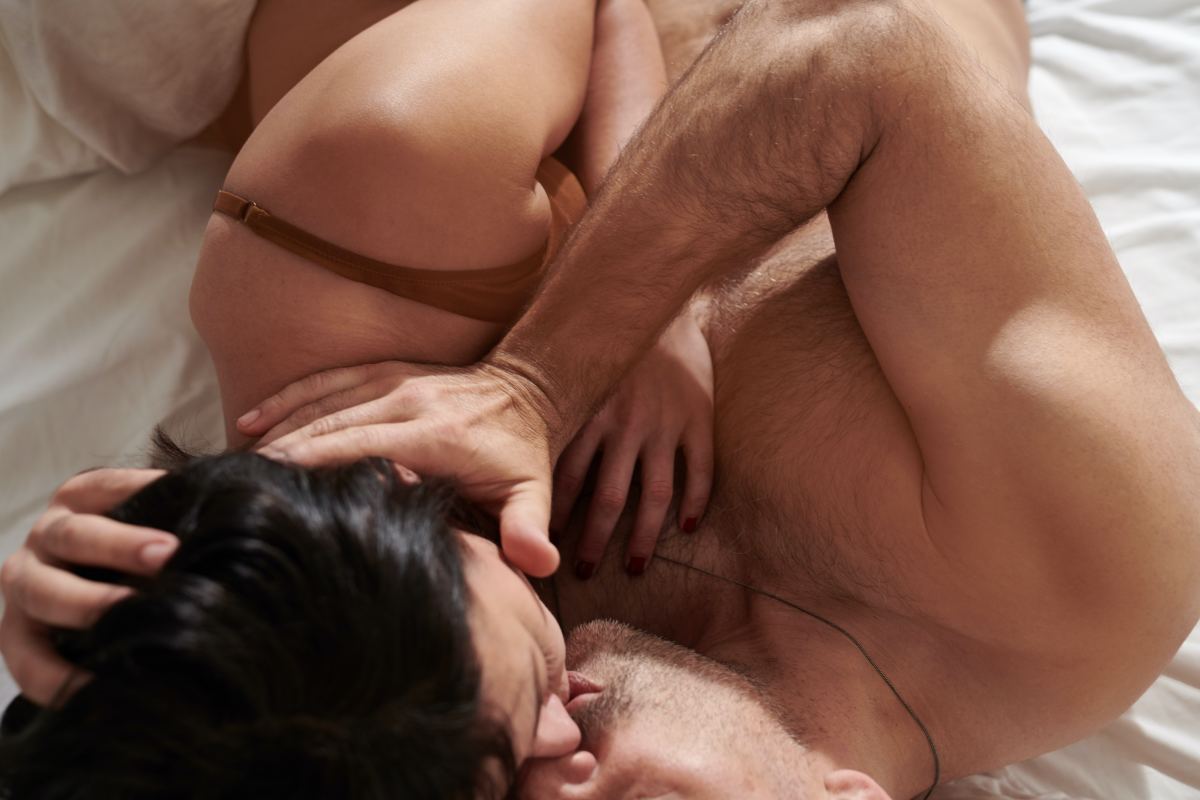The Eurovision Song Contest, Past and Present
Marcel Bezencon
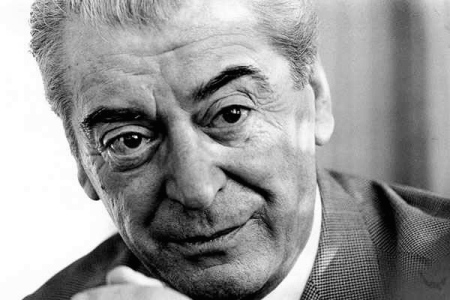
The beginnings of the Eurovision Song Contest
On Saturday 13th May 2017 the 62nd Eurovision Song Contest will take place in Kyiv, Ukraine. The Ukraine won last year with the winning song 1944.
Macel Bezencon was born in Switzerland in 1907. He used to be the Director of the European Broadcasting Union. In 1955 he founded the Eurovision Song Contest. The Eurovision is based on the Sanremo Music Festival, which is an Italian song contest. The Eurovision takes place annually and the contestants are mainly the members of the Eurovision Broadcasting Union (EBU). Whichever European country wins the contest hosts it the following year.
In 1956 the first Eurovision Song Contest took place in Lugano, Switzerland. Only 7 countries took part in this first contest, and each country had to perform 2 songs each. There was also a live orchestra, which was common practice at the time. Voting back then was very different to how it is nowadays. It was done in secret by jurors. It is a vast contrast to how we vote now with public phone-ins and even being able to vote by text message.
When in the 1990's many other countries from the Eastern Bloc wanted to take part, the way the contest was held changed. Now, there are 2 semi-finals which came into force in 2004. And the final which, as I say, will take place on 13th May. With so many countries taking part now, the voting system is split into 2 says. The jurors give their votes from 1 -12, and then the televotes take place with the public phoning and texting in. There are 5 main countries which automatically go through to live televised final every year. This is, I suspect, because they hold the biggest financial stake in the Eurovision. The host country also automatically enters the live final. The 5 main countries are:-
- United Kingdom
- France
- Germany
- Italy
- Spain
Top 5 countries who have won
Number of wins
| Country
| Years won
|
|---|---|---|
7
| Ireland
| 1970, 1980, 1987, 1992, 1993, 1994, 1996
|
6
| Sweden
| 1974, 1984, 1991, 1999, 2012, 2015
|
5
| France
| 1958, 1960, 1962, 1969, 1977
|
5
| Luxembourg
| 1961, 1965, 1972, 1973, 1983
|
5
| United Kingdom
| 1967, 1969, 1976, 1981, 1997
|
Eurovision 2017
The 2017 contest has a total of 42 participants, which is in stark contrast to the 7 countries that took part some 62 years ago. In the first semi-final on 9th May there will be 18 countries taking part which 10 will qualify. The second semi-final is on 11 May with 18 countries and 10 qualifying. The Grand Final on the 13th will host 26 countries, plus the big 5, which I mentioned, plus the host country.
This year, Lucie Jones in the United Kingdom entry with Never Give Up On You. Having heard the song, I do like it and think the UK stands a chance of gaining some points. In previous years we've not done too well, but I'm hoping Lucie will change that. I'm not sure it's a winning entry, but I think she'll do well with it.
The trouble is, I think it's very difficult now as you get countries voting the same countries every year, so it's hard for other countries to get a look in. They say the system isn't rigged. Maybe not rigged, but a lot of the time it's certainly not fair voting, even with the addition of public voting. It's difficult to know who to vote for at the best of times. With some countries you can tell in advance who they are going to give the 12 points to even before it's read out.
Lucie Jones, the 2017 contestant
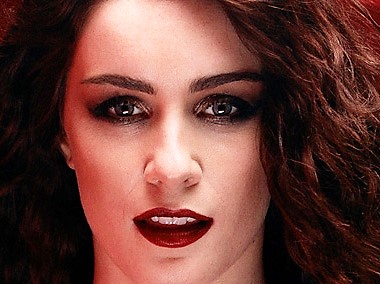
Why I love the Eurovision
Now, I know I've had a little moan about the voting system, but I still watch it religiously every year. I'm a hardcore fan of this show. Although the Grand Final is about 3.5 hours long on a Saturday night, I love watching the 26 countries singing their songs. It can be crazy and mind boggling to watch, but I always find it great fun to watch. The most exciting bit for me though is watching the different countries voting at the end, even if you know who some are going to vote for. I love seeing the fans that go to the show and waving their country's flag and enjoying every minute of it. This is one show I would never miss. Whoever wins the Eurovison, the winning country will host the Eurovision the following year and automatically has an entry in the live final, along with the big 5. I remember well watching the Eurovision in 1998 when the United Kingdom hosted it, and it was an excellent show.
When the Eurovision first began in 1956 each country had to sing in their own language, but now they can sing in English or their native language. I do, however, like to listen to other nations songs sung in their mother tongue. It makes the show a lot more interesting for me. And before each country sings, you get a short biography of the act singing, which I like. To be honest, I don't know much about Lucie Jones, so will be interesting to see how she fairs in this years contest.
For those of you outside of Europe, you may not now about this contest. Although, Australia are taking part in the contest, which is confusing since it's not in Europe! But Australia are such big fans of the show they have been letting them take part. Many people now have Eurovision parties at home or in public places.
United Kingdom wins
Year
| Performer
| Song
|
|---|---|---|
1967
| Sandie Shaw
| Puppet on a String
|
1969
| Lulu (Joint 4th)
| Boom Bang-a-Bang
|
1981
| Bucks Fizz
| Making Your Mind Up
|
1976
| Brotherhood of Man
| Save all Your Kisses for Me
|
1997
| Katrina & the Waves
| Love Shine a Light
|
The Eurovision Song Contest
Will you be watching the Eurovision final on 13 May?
© 2017 Louise Powles

